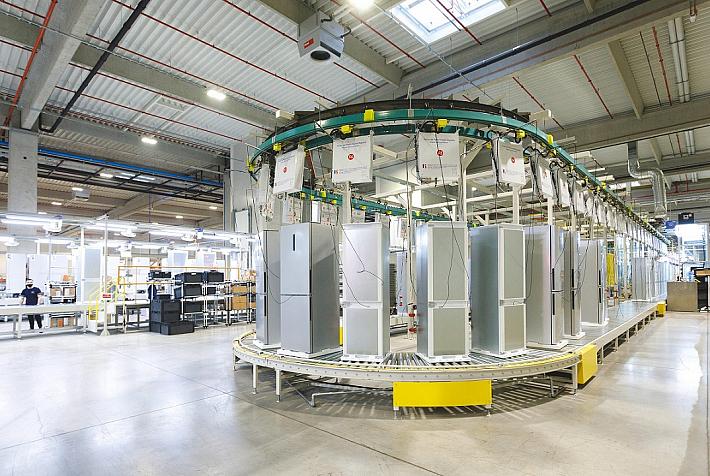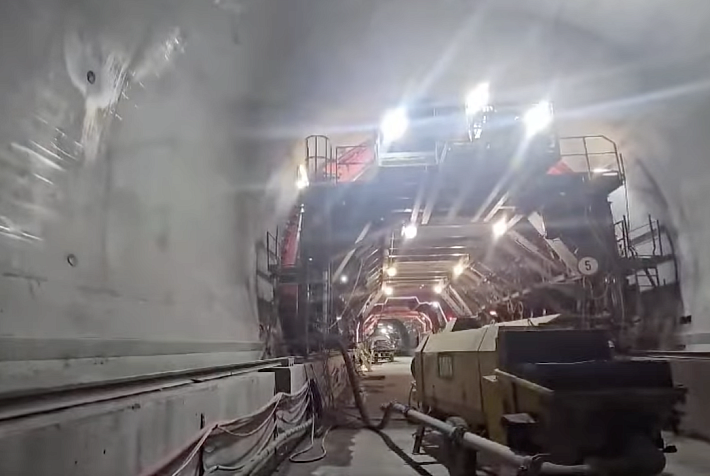Detainees in Romania to work on road construction sites under social inclusion initiative

Romania’s National Company for Road Investments - CNIR has partnered with the National Administration of Penitentiaries to allow semi-open regime detainees to work on future highway and express road construction sites.
The initiative aims to support social inclusion and provide detainees with the opportunity to gain work experience, as they can continue to work for construction companies after their release, the company said.
“There was a discussion with the Penitentiary Administration about including detainees in road projects. The Bacău-Piatra Neamț Express Road was the first project where we included this possibility, with additional points for the contractor that agrees to employ detainees. We were aware that detainees had been used on construction sites before, one such project being the modernization of DN 29 D Botoșani-Ștefănești, and this helps with their reintegration into society,” CNIR director Gabriel Budescu said in an interview with B1 TV.
“Also, we know there is a labor shortage on construction sites. However, it’s not always possible for the Penitentiary Administration to provide a workforce, but for the Bacău-Piatra Neamț Express Road, it was the first project where we received a positive response from them. We have included this provision in the documentation, and if the National Public Procurement Agency - ANAP validates it, this will be the first contract of its kind,” he further explained.
According to the CNIR director, the Penitentiary Administration staff will handle transportation and security at the construction site. Detainees will receive reduced sentences, financial compensation, and days of freedom. Participation is entirely voluntary - only those who want to will join - and after their release, they can be employed by construction companies if they perform well.
For the Bacău-Piatra Neamț Express Road project, CNIR has included a social inclusion scoring system in the bidding criteria, allocating 6% of the total evaluation points. Of this, 3% is awarded to contractors employing local unemployed workers from Bacău and Neamț counties, and another 3% to those who hire and train detainees on-site. The feasibility study estimates that 1,800 jobs will be needed during the construction phase.
The contract, valued at over RON 6 billion, was officially published on December 23 in the Official Journal of the European Union and will also be available in the Electronic Public Procurement System - SEAP. The deadline for bid submissions is February 18, 2025.
irina.marica@romania-insider.com
(Photo source: Baaa 14ej Ayjak/Dreamstime.com)













